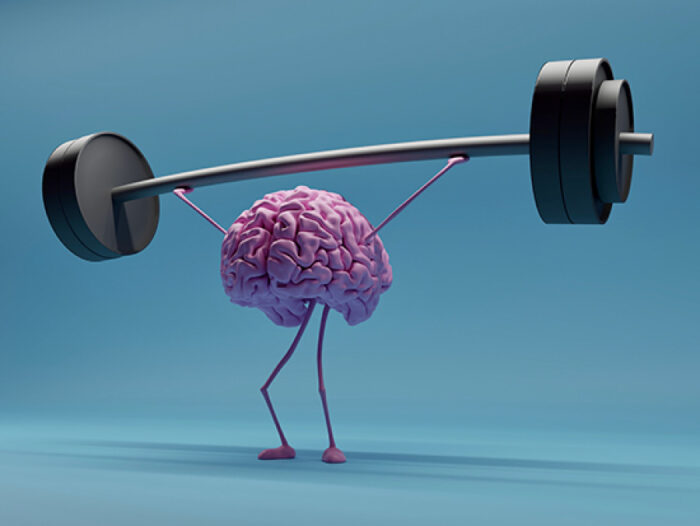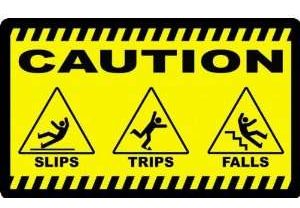Exercise for Brain Health
Need Another Reason or Motivation to Exercise? Exercise has many health benefits but did you know it enhances brain health? It can improve cognition and reduce the risk of neurodegenerative diseases as we age. Also good news, any exercise is beneficial for brain health! If you combine aerobic exercises and resistance training (strength) it can be even better for your brain. The recommendation is to exercise at a moderate intensity for 150 minutes a week. It takes approximately 6 months to reap the cognitive benefits, so build it into your routine. 30 minutes a day, 5 days a week is ideal.Other top…


